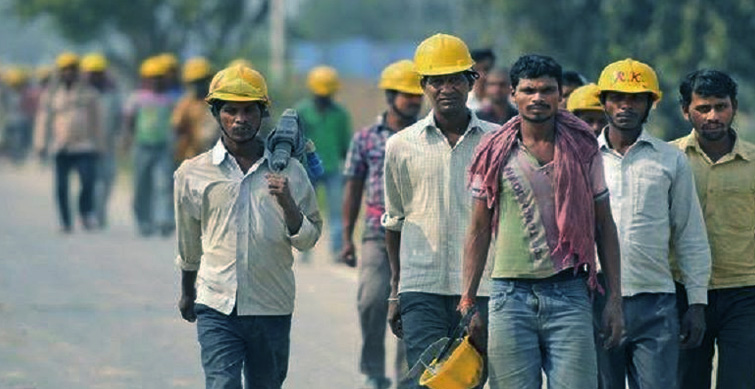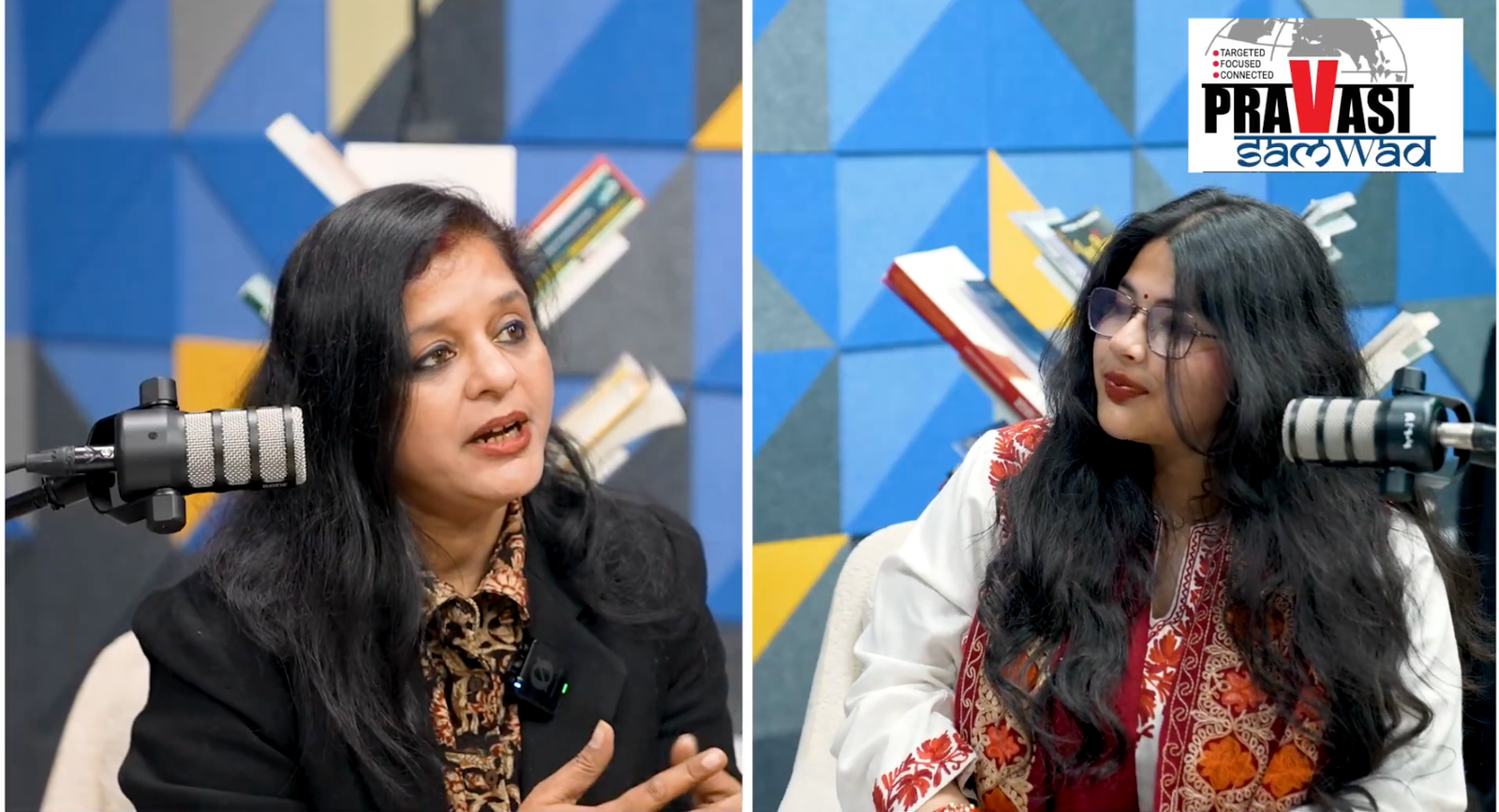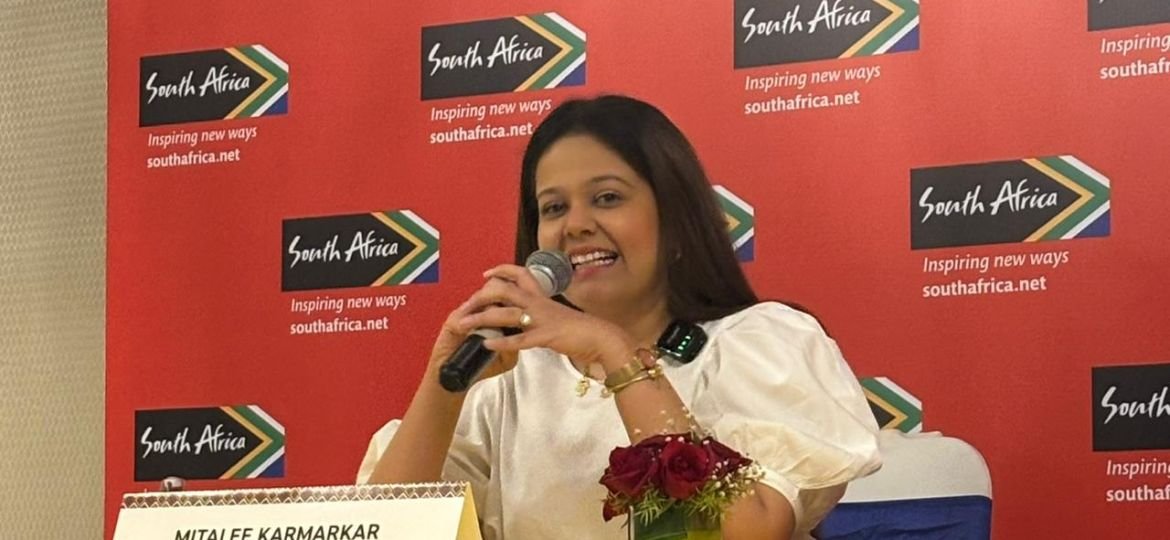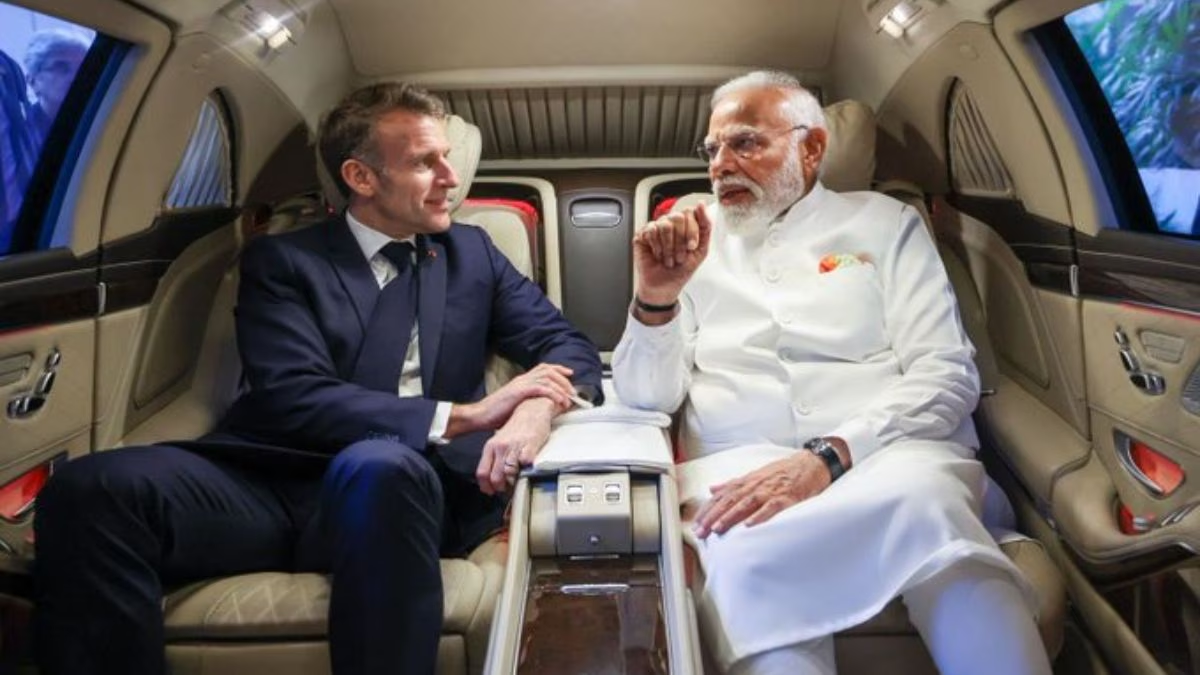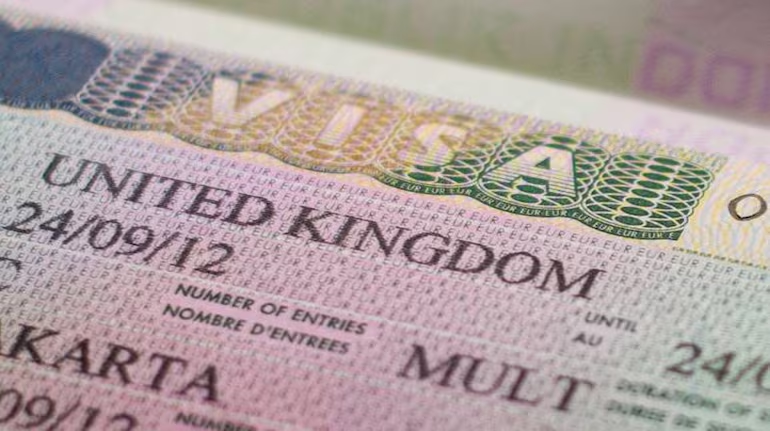New advisory committee led by ex-ambassador aims to propose structural reforms for diaspora welfare
With over 14 lakh workers from Telangana employed in Gulf and Middle Eastern countries, the state has taken a significant step by forming an NRI Advisory Committee to better address their grievances. Headed by former Ambassador Dr BM Vinod Kumar, the panel has been granted a two-year mandate to study and recommend comprehensive support mechanisms for the diaspora, reported timesofindia.indiatimes.com.
New hope for Gulf workers as Telangana moves towards structured diaspora engagement
The committee, though yet to hold its first formal meeting, has already met with Chief Minister A Revanth Reddy and recommended the creation of a Gulf Board akin to similar institutions in Andhra Pradesh, Kerala, and Punjab. These states already operate structured and responsive systems for their overseas populations.
Dr Vinod, who previously served in the Ministry of External Affairs and as India’s ambassador to Algeria, emphasized that the panel would present recommendations sooner than the allotted timeline. “There has been a lack of institutional clarity for workers in distress. Our goal is to change that with robust mechanisms and local access points,” he said.
From video pleas to government response: Telangana eyes systemic change
Until recently, workers from Telangana had no official channel for seeking help abroad, often resorting to video appeals. In some cases, only political influence could trigger action.
That changed with Pravasi Praja Vani, a bi-weekly initiative in Hyderabad allowing families to raise issues directly with the government.
Under this programme, urgent cases are flagged to embassies and NGOs, but the committee now seeks to decentralize access by establishing help desks in every district, reducing dependence on Hyderabad
Following the Congress party’s electoral victory in Telangana, the state introduced a ₹5 lakh ex gratia payment for families of Gulf workers who died abroad—regardless of cause of death. So far, 165 families have received this compensation.
Focus areas: Legal aid, healthcare, and education for workers’ families
Looking ahead, the committee aims to advocate legal aid for jailed or undocumented migrants, healthcare assistance for hospitalised workers, and school admissions in government residential institutions for their children.
The panel plans to draw from successful models in Kerala, Punjab, and AP, and may also conduct direct outreach visits to Gulf nations including UAE, Saudi Arabia, Oman, Bahrain, Kuwait, and Qatar.
The move signals a promising shift in diaspora welfare policy for Telangana, placing worker well-being at the centre of state planning.

